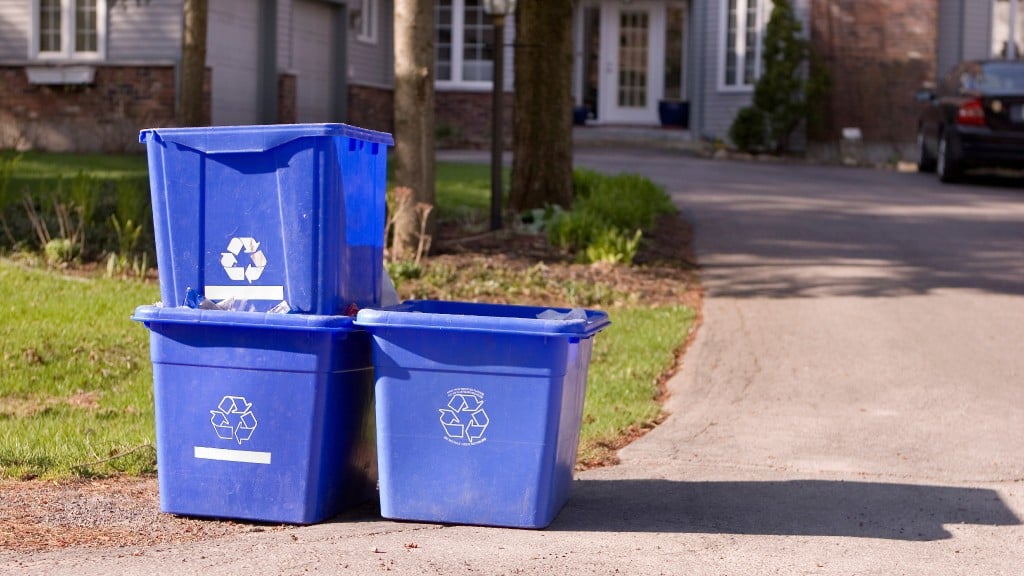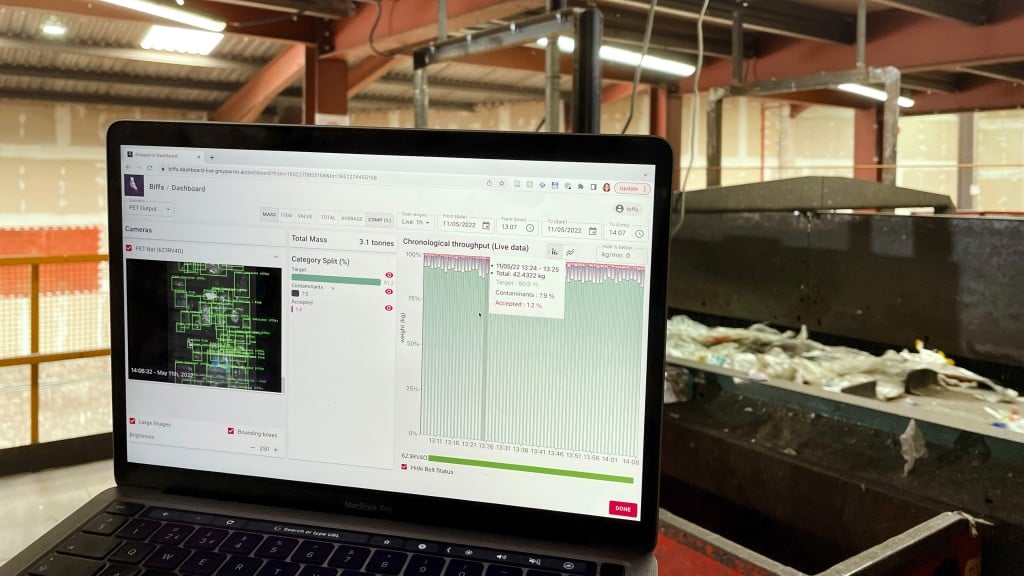
Bower has launched a new AI-powered app enabling anyone with a smartphone to identify everyday items and immediately learn how to recycle them.
The result of a €1.75M contribution and the pro bono support from a team of Google engineers to Bower for a six-month Google.org Fellowship, this new computer vision tool increases the accessibility of recycling and waste disposal.
Currently, the free and globally-available Bower app, downloadable on both Android and iOS and used by 680,000 people worldwide, lets users log a product by scanning its barcode, before being rewarded with money and coupons once that item is recycled. This latest adaptation of Bower's technology means that by simply aiming a smartphone camera at an object, regardless of barcode, a user can immediately detect the item's type, material, size, and product specifics, while also calculating the CO2e savings that can be made by recycling the item and how best to dispose of it.
The new open-source computer vision model achieves 85 to 90 percent accuracy for manual recycling accuracy in the EU (versus 64 percent previously). Additionally, Bower users will be able to aim their smartphone cameras at any form of recycling station and bin – from everyday recycling bins to larger facilities – anywhere in the world and be provided with real-time guidance on what can be recycled at said location and how best to do this.
This technology has been trained using Gemini, a family of multimodal large language models developed by Google's DeepMind, as well as through Bower's own crowdsourced user data. Bower currently has partnerships with over 600 global and local brands, such as Nestlé and battery manufacturers, where they help them engage users to increase recycling rates. Since 2019, Bower has helped users recycle over 100 million packages.
The technology Bower has built with support from Google.org will be open-sourced so that other organizations can more easily build innovations to help fight pollution and climate change.
The release coincides with Bower launching a crowdfunding campaign so users can own a small stake in the company. Additionally, between June 17 and 31, the Bower user that collects the most points (accrued through recycling items, inviting friends to the app and more), will receive a cash prize of $1,000.
According to Circular Magazine, 80 percent of households are still unclear on how to recycle items effectively. This lack of knowledge can often be the biggest obstacle to people recycling, rather than a lack of motivation or care about the planet. For that reason, Bower and Google have leveraged machine learning technology to make recycling information as accessible as possible, incentivizing people to dispose of items properly. A 2023 paper published in Nature estimated that plastics accounted for 3.3 percent of all global emissions.
This demystification is especially important globally, where recycling systems differ from country to country or are decentralized to local areas. With just a smartphone camera, Bower users can understand the recycling potential of a product in any language as well as how to interact with a local recycling depot to dispose of it most sustainably.



